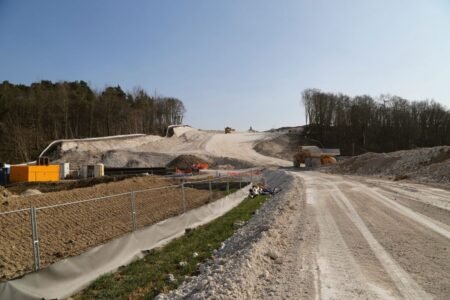At the first EU-Central Asia summit in Uzbekistan, EU and Central Asia leaders agreed to elevate relations between the two regions by establishing a strategic partnership.
Latest EU News
Editor's Picks
FX Currency AD
Global money transfers made easy – Transfer money online now, or save time and money on future transfers with OFX global money transfers
BRIEFING
This week, MEPs in plenary session vote on the EU’s common foreign, defence, and security policy objectives for 2025 and debate the new steel and metals action plan; and the European Commission holds an Info Day on the European Defence Fund.
Key Economic Calendar events from the Euro zone to watch out for this week 31 March to 5 April 2025










































